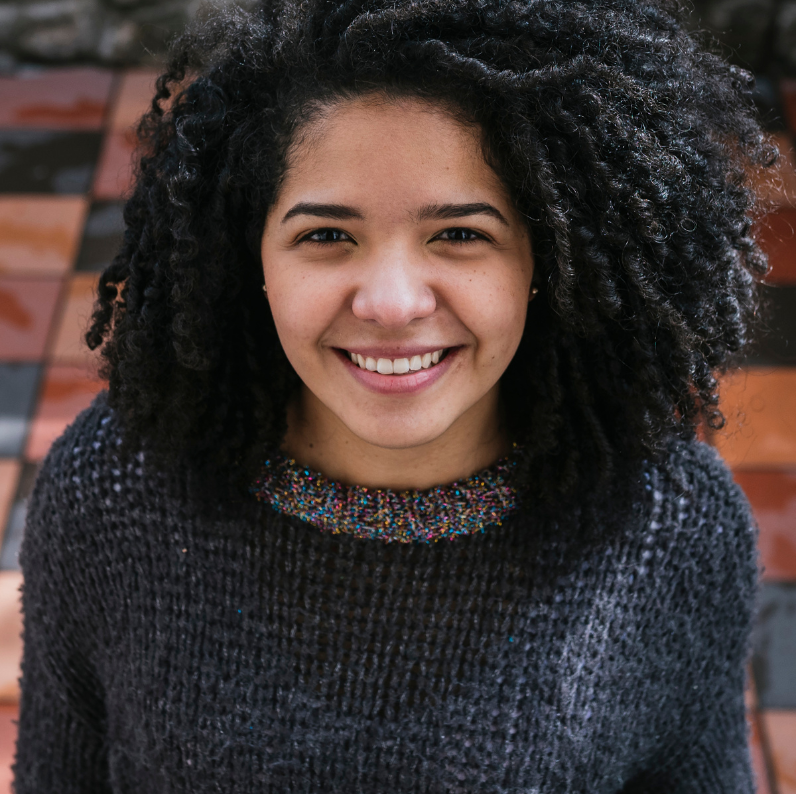
Muslim Mental Health
Muslim Mental Health
As a Muslim, seeking mental health support can sometimes feel complicated. You might wonder if therapy will understand your faith, values, or cultural background. Here, your identity is not only respected, it’s integrated into the healing process. We provide compassionate, faith-informed care that honors both your psychological well-being and spiritual journey
What You Might Be Feeling with Muslim Mental Health Concerns
-

Faith-Aligned Support
Receive therapy that takes into consideration your specific relationship to Islam
-

Safe and Non-Judgmental Space
Talk openly about struggles without fear of being misunderstood or judged.
-

Emotional and Mental Clarity
Understand and manage anxiety, depression, or inner conflict in ways that align with your faith
-

Balance Between Dunya and Deen
Explore growth while staying rooted—navigating Muslim mental health concerns.
What You Might Be Feeling with Muslim’s Mental Health Concerns
Mental health concerns within the Muslim community often go unspoken. You may carry invisible burdens while trying to stay strong for others. If you’ve been feeling the following, know that you're not alone
Shame or guilt about seeking help or “not being grateful enough”
Struggles with balancing religious expectations and personal needs
Feeling isolated in your struggles especially if your community doesn’t talk about mental health
Anxiety, depression, or burnout masked as “low imaan”
Fear of judgment or stigma from family or peers
Spiritual questions or doubt that cause distress

How Support for Muslim Mental Health Can Change Your Experience
Mental health and faith can coexist and so can healing and belief. With the right support, you can explore your emotions, reconnect with your purpose, and find healing without compromising your spiritual identity. This is a space where your values are honored, your struggles are seen, and your healing is sacred.
Frequently Asked Questions
-
No. I’m familiar with the core tenets of Islam, and I understand how faith can shape daily life, relationships, and emotional well-being. You won’t need to educate me just to feel understood—we can focus on your experiences, your values, and what healing looks like for you.
-
Yes. Your faith can be a powerful source of meaning, strength, and guidance. Whether you're feeling spiritually disconnected or deeply grounded, we’ll make space for the role Islam plays in your life—including questions around identity, guilt, purpose, or your relationship with God.
-
Yes. Therapy offers a nonjudgmental space to explore hard emotions—grief, anxiety, shame, anger—without being labeled as “weak” or “ungrateful.” Struggling doesn’t mean you lack faith. Seeking support is a valid and courageous step.
-
Many Muslims navigate layered identities and competing expectations—from family, community, or broader society. Therapy can help you explore these tensions with honesty and self-compassion, so you can find clarity and live in alignment with your own values.
-
Yes. I offer a men’s interpersonal process group, and may offer future groups centered on Muslim identity, mental health, and cultural experience. These spaces are confidential and supportive—bringing spiritual resilience, communal understanding, and validation.
More Ways We Can Support You
Are you ready to build the life you want to live?
We can help you achieve optimal health, lead active and fulfilling lives.









